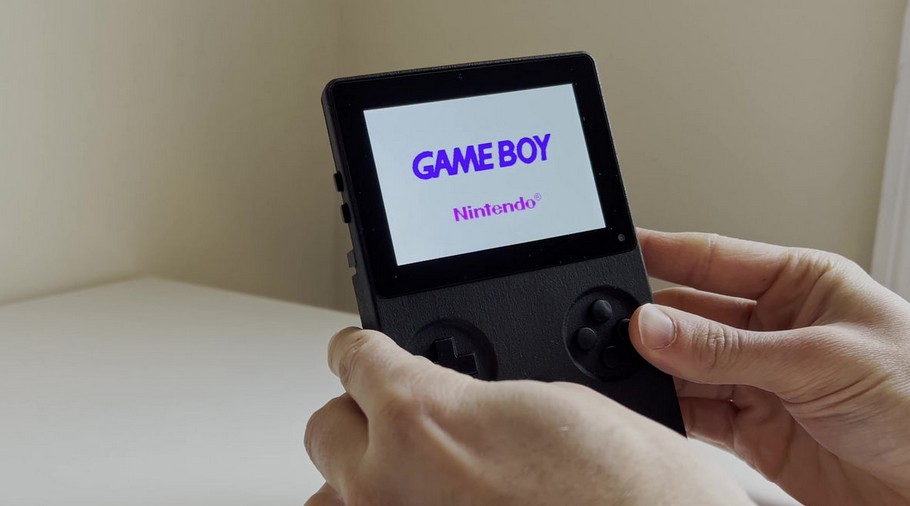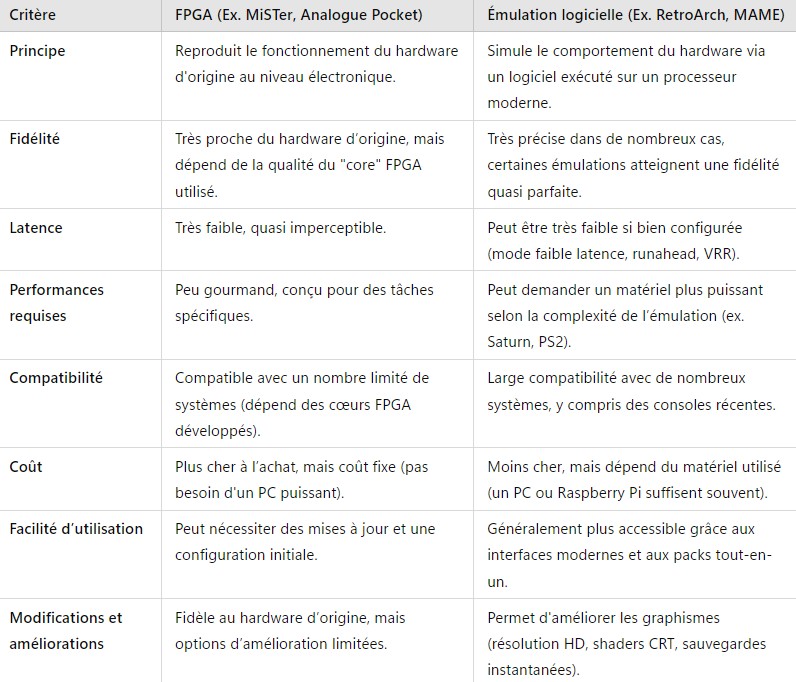Este site usa cookies para melhorar a experiência do usuário.
Game Bub: an FPGA project that doesn't shy away from emulation
Sun Feb 16 2025
Game Bub: an FPGA project that doesn't shy away from emulation
If you follow FPGA projects, you may have heard of the Game Bub, an open source handheld console capable of reading Game Boy, Game Boy Color and Game Boy Advance cartridges.
This console will also support the Game Boy link cable, incorporate a vibrator and have a docking station, sold separately, offering an HDMI output.
The project is being closely followed by Nintendo retrogamers who still own their cartridges and who, thanks to a single device, would be able to play games from three consoles natively.
However, this project is rekindling a sterile debate between the supporters of FPGAs and those of emulation. As a reminder, an FPGA reproduces the operation of original hardware via its electronic circuitry, while an emulation system simulates this operation on standard hardware (PC, Raspberry Pi, etc.).
Each solution has its advantages and disadvantages. However, some manufacturers, such as MiSTer FPGA and Analogue Pocket, tend to defend their approach by claiming to offer unrivalled precision through software emulation.

Engineer Eli Lipsitz, who is currently working on the Game Bub, does not share this opinion. His project is based on a Xilinx XC7A100T FPGA chip, but in his opinion this does not give it any intrinsic superiority over emulation:
"There's a lot of misleading marketing and hype around FPGA retrogaming. Some people claim that these devices are not emulators (because they are supposed to ‘act like the original chips’), that they achieve ‘perfect precision’ or that they are superior to software emulators", says Lipsitz.
The developer goes even further, calling this claim ‘patently false and actively harmful ’, before adding:
"FPGA retrogaming devices are emulators: they pretend to be something they are not. And they are only as accurate as they are programmed to be, since they are recreations. An FPGA can facilitate some aspects of accuracy, but it doesn't guarantee it.
Software emulators can be extremely accurate. Moreover, perfect accuracy (if it is possible at all) is by no means necessary to take full advantage of a system's game library. Some people say that FPGA emulators are the only way to preserve a system, but I'd say that software emulators are a much more accessible way (no special hardware required!) of achieving this goal.
I think FPGA emulators have only one real advantage over software emulators: they can more easily interact with the original hardware, such as physical cartridges or other consoles via link cables."
Lipsitz concludes:
"I did this project not because I think FPGA emulators are inherently better than software emulators, but because I think they are interesting and fun to build."
FPGA or emulation, the best solution is the one that suits us and that we enjoy working on. Below is a non-exhaustive table that simplifies the comparison between the two approaches:

Source: Time Extension